Paving brick automatic production line production process and advantages
News 2024年8月12日 48
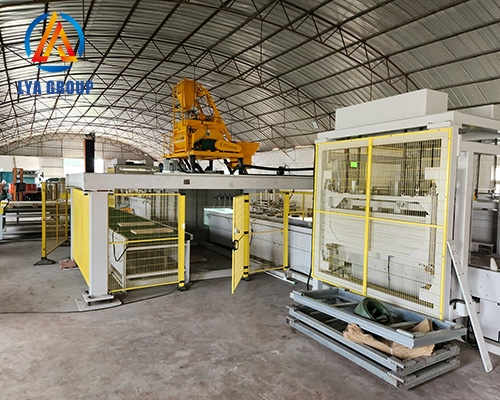
A fully automatic production line for paving bricks offers numerous benefits and features. It enhances efficiency by streamlining the manufacturing process, reducing labor costs, and minimizing human error. Advanced automation ensures consistent product quality and uniformity,
Sure! A fully automatic production line for paving bricks integrates a series of sophisticated machines and technologies to streamline the manufacturing process. Here’s a detailed look at the key components and their technical functions:
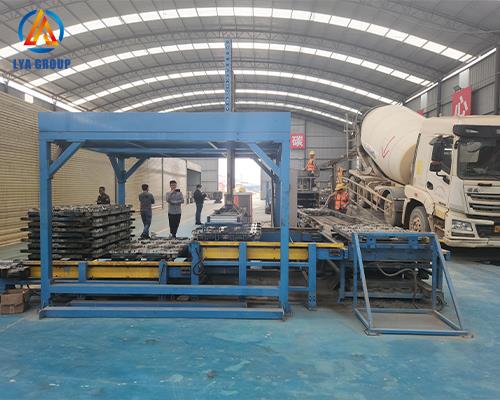
1. Batching System
- Function: Accurately measures and mixes raw materials like cement, sand, gravel, and additives.
- Technical Details: Utilizes electronic scales and sensors to ensure precise proportions. Automated conveyors transport materials to the mixer.
2. Mixing Plant
- Function: Combines the raw materials into a homogeneous mixture.
- Technical Details: Equipped with high-efficiency mixers that can handle different mix designs. The mixing process is controlled by programmable logic controllers (PLCs) to ensure consistency and quality.
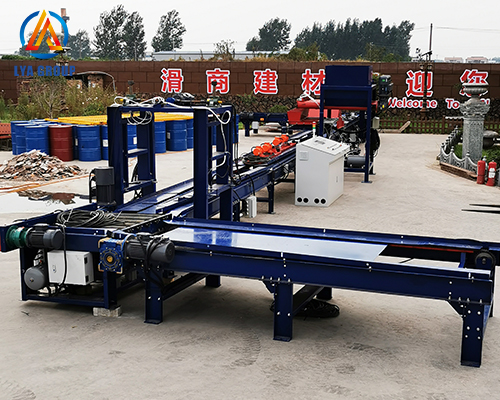
3. Molding Machine
- Function: Forms the mixed material into brick shapes.
- Technical Details: Features hydraulic or pneumatic presses that mold the mixture into various brick shapes and sizes. Automated systems handle the transfer of the mixture into molds and the ejection of finished bricks.
4. Curing System
- Function: Hardens and strengthens the molded bricks through controlled environmental conditions.
- Technical Details: Includes curing chambers or tunnels with controlled temperature, humidity, and ventilation. Some systems use steam or hot water to accelerate the curing process.
5. Automatic Stacking and De-stacking
- Function: Organizes bricks for further processing or storage.
- Technical Details: Uses robotic arms or automated stackers to place cured bricks onto pallets. De-stacking systems unload the pallets and prepare them for further stages or shipment.
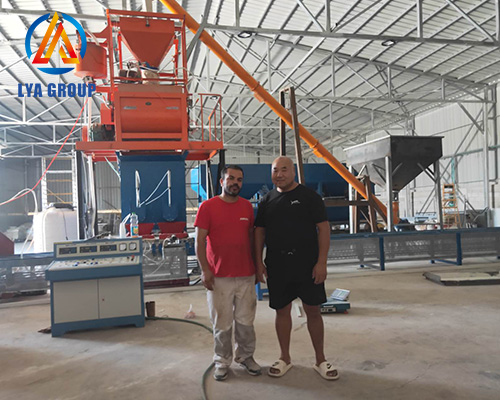
6. Quality Control
- Function: Ensures that the bricks meet quality standards.
- Technical Details: Incorporates automated inspection systems that use cameras and sensors to check dimensions, surface quality, and other parameters. Data from inspections can be used for real-time adjustments in the production process.
7. Packaging Line
- Function: Packs the finished bricks for transport.
- Technical Details: Automated packaging machines wrap and bundle bricks, often with the aid of robotic systems. The packaging line can include shrink-wrapping, banding, or other methods suited to the brick type and customer requirements.
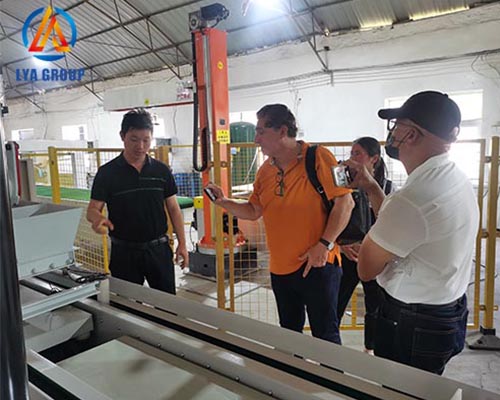
8. Control System
- Function: Manages and monitors the entire production line.
- Technical Details: A central control room or panel equipped with advanced software interfaces and touchscreens allows operators to oversee and adjust the production process. The system collects data from all machines, enabling real-time monitoring and optimization.
9. Maintenance and Diagnostics
- Function: Ensures the smooth operation of the production line.
- Technical Details: Features include predictive maintenance tools that monitor the condition of machinery and alert operators to potential issues before they cause downtime. Diagnostic systems help quickly identify and resolve problems.
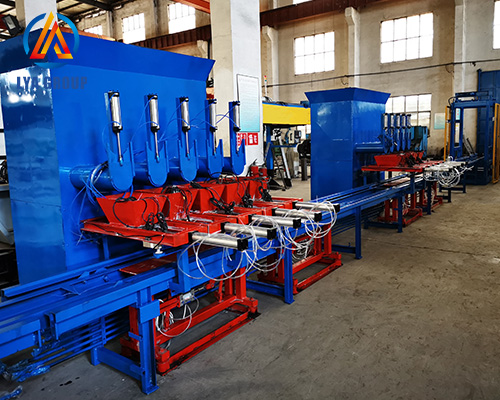
Benefits of Fully Automatic Production Lines:
- Efficiency: Reduces production time and labor costs by automating repetitive tasks.
- Consistency: Guarantees uniform product quality and reduces variability.
- Scalability: Easily adjusts to varying production volumes and can be scaled up or down as needed.
- Reduced Waste: Precise control over material usage and process parameters minimizes waste.
- Operational Safety: Reduces the need for manual handling, thereby enhancing worker safety.
Fully automatic paving brick production lines are designed to optimize the manufacturing process, ensuring high-quality products while maximizing efficiency and minimizing costs.